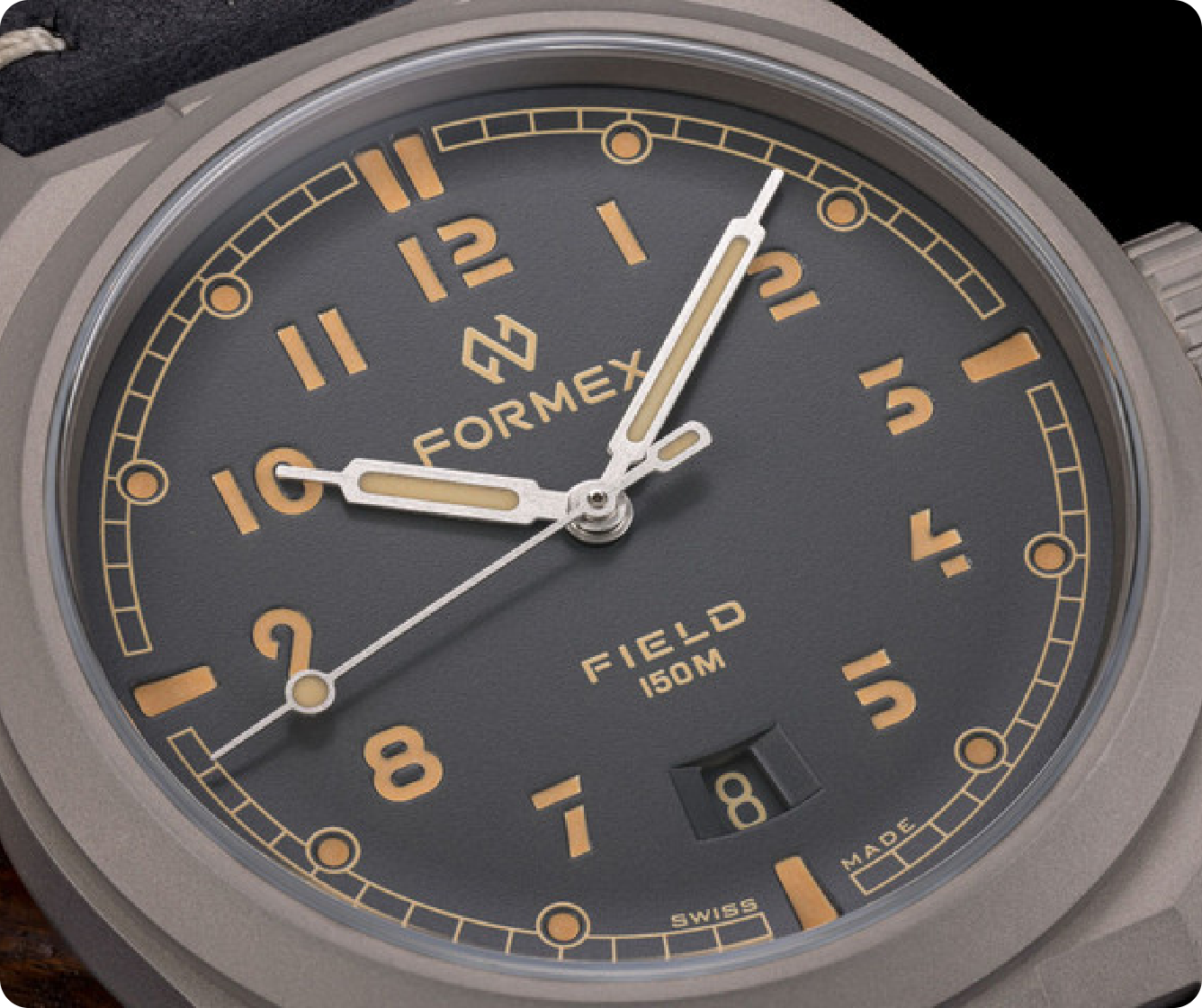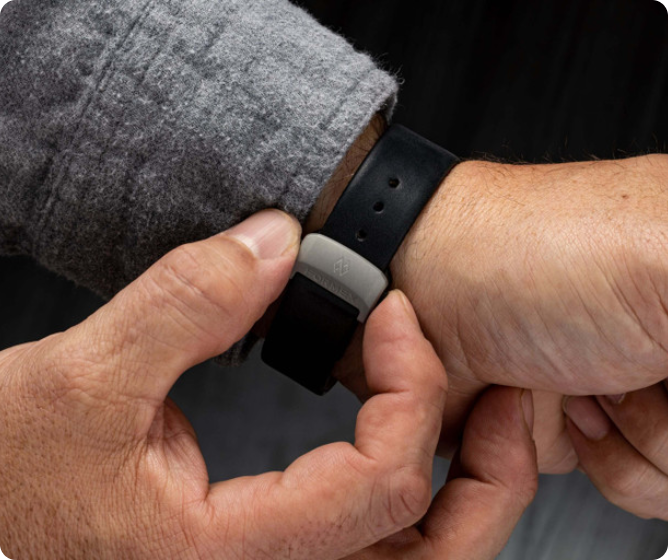Mechanical Watches
Mechanical Watches
No battery but a lot of springs, wheels and gears


What is a Mechanical Watch?
A mechanical watch is a timepiece driven by a manual or automatically wound mechanism. They are not powered by batteries like quartz or smart watches. Rather, a mechanical watch relies on a device called a “mainspring,” wound by hand (Manual-wind) or by the motion of the wearer’s wrist (Automatic). When wound, the mainspring powers the oscillating balance wheel. The escapement moves the wheels inside the movement forward each time the balance wheel swings. It’s an intricate dance any watch enthusiast can appreciate. For a more detailed explanation, we recommend to watch a video by The Watchfinder

Mechanical Watch Key Features
Mechanical movements consist of a vast amount of parts, each just as important as the last. A commonly advertised feature is the number of jewels in the movement, and the power reserve that indicates how long the watch’s movement will run without winding it. Gemstones, usually ruby or synthetic sapphire, keep the movement in top working order by reducing friction between the components and preserving bearings.

Another distinguishing characteristic is the seconds hand, which sweeps smoothly around the dial, compared to most quartz watches which tick once per second. The easiest way to distinguish between a mechanical and quartz movement is to look at the second hand.
Mechanical Watch Key Features
Mechanical movements consist of a vast amount of parts, each just as important as the last. A commonly advertised feature is the number of jewels in the movement, and the power reserve that indicates how long the watch’s movement will run without winding it. Gemstones, usually ruby or synthetic sapphire, keep the movement in top working order by reducing friction between the components and preserving bearings.

Another distinguishing characteristic is the seconds hand, which sweeps smoothly around the dial, compared to most quartz watches which tick once per second. The easiest way to distinguish between a mechanical and quartz movement is to look at the second hand.
Formex Mechanical Watches for Men
The Formex catalog includes many different types of men’s mechanical watches. The brand’s portfolio has a watch to suit nearly any lifestyle, from traditional dive watches with impressive water resistance to GMT watches with dual timekeeping capabilities and classically sport watches with the time and date. Each Formex watch is developed and assembled in-house and lives up to the prestige of the coveted “Swiss Made” distinction, including the movements hard at work inside the case.








